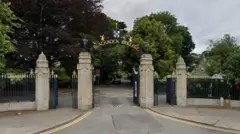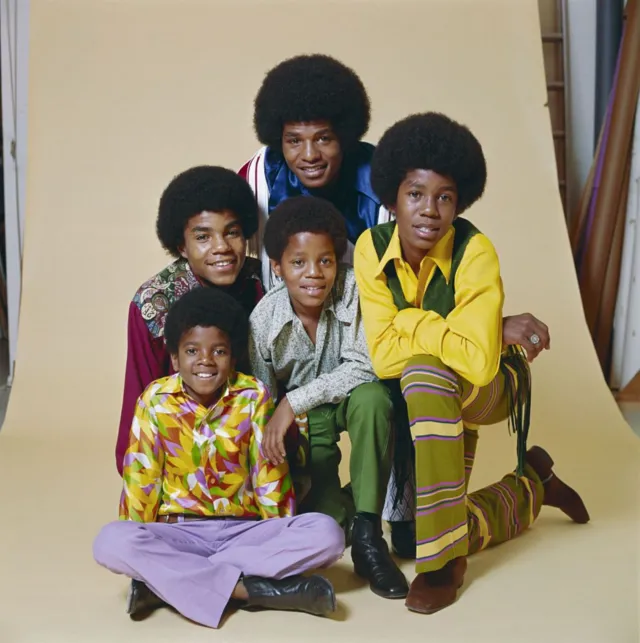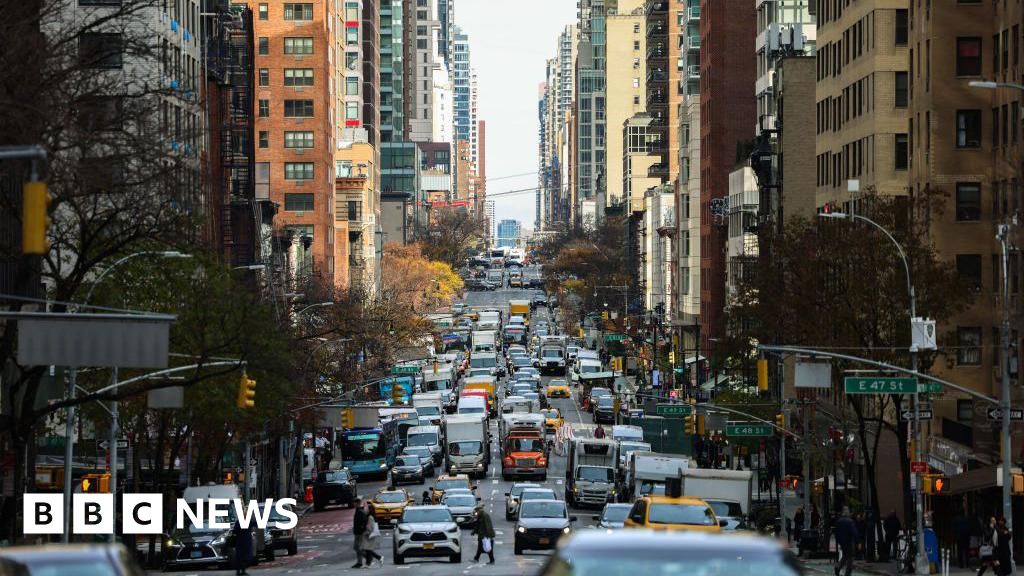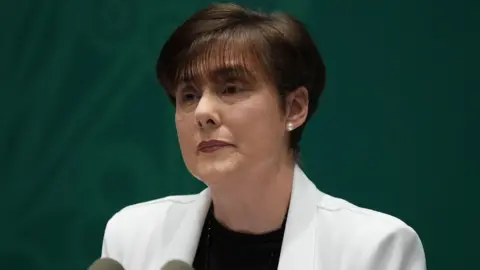 PA Media
PA MediaThere were almost 2,400 allegations of sexual abuse in more than 300 schools run by religious orders in Ireland, according to a report commissioned by the Irish government.
The Education Minister Norma Foley said it was the first time the scale of abuse had been disclosed, and it was “truly shocking”.
At a news conference, Ms Foley said the report found there were 884 alleged abusers in 42 orders which formerly ran schools or still do.
The body which represents Catholic religious orders said it was “deeply sorry” about the abuse which had happened in schools.
‘Real number of allegations likely to be more’
The Irish cabinet has agreed to establish a full statutory investigation, following the findings of the “scoping inquiry report”, which was published on Tuesday evening.
The primary source of data on allegations of sexual abuse was the religious orders and the schools themselves, the report said.
There were 2395 allegations of sexual abuse recorded in respect of 308 schools, though the report warns that the real number of allegations is likely to be more, given that abuse is generally under-reported.
More than half of the 884 people accused of historical sexual abuse are now dead.
The report author, lawyer Mary O’Toole SC, said there was a “particularly high number of allegations in special schools.”
590 allegations were recorded in 17 special schools, involving 190 alleged abusers.
149 survivors gave interviews or provided a written submission to the scoping inquiry.
‘Childhood stopped when abuse began’
According to the report, the sexual abuse “was often reported as having been accompanied by ferocious violence”.
The victims said the abuse happened in classrooms, dormitories, sports facilities, and at musical and other extracurricular activities.
For many, “their childhood stopped the day the abuse began.”
The testimonies related to the years between the 1960s and the 1990s.
Survivors also had a “strong belief that what was happening was so pervasive that it could not possibly have gone unnoticed by other staff, and the members and leadership of the religious orders”.
People who had been abused told the report authors that “the power of the Catholic Church permeated their lives in every way” and they believed there was no-one they could tell, including their parents.
The personal stories also show how survivors suffered mental health problems and addictions in later life as a result of the trauma they suffered as children.
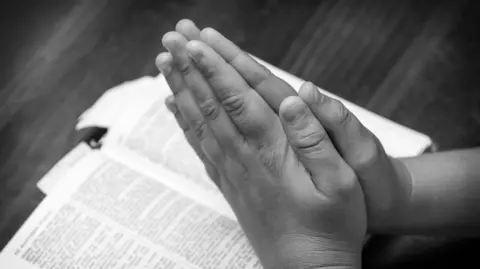 Getty Images
Getty ImagesMs Foley noted that the report recommended that the religious organisations should contribute to a financial redress scheme.
She said victims and survivors had shown “extraordinary courage” in coming forward to share their personal stories.
She also paid tribute to the late Mark Ryan, who spoke out about his experience of being abused at Blackrock College in Dublin in the 1970s.
His testimony, along with that of his brother David, featured in a radio documentary by the Irish national broadcaster RTÉ called “Blackrock Boys” in 2022, which made a huge public impact.
The Association of Leaders of Missionaries and Religious in Ireland (AMRI) said: “We recognise that we can never know the depth of pain and suffering which survivors have endured and continue to endure.”
The organisation said it had worked with members to “facilitate the fullest cooperation” with the scoping inquiry and would “carefully examine the recommendations and respond accordingly.”
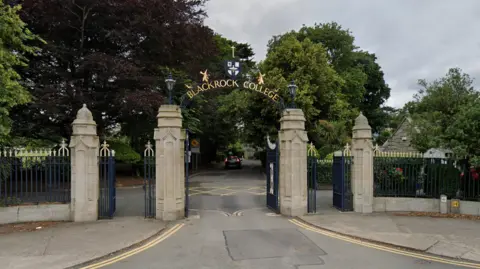 Google Maps
Google Maps‘Accountability and justice’
Ms Foley said schools should be places of “haven, not horror” and that abusers “broke down” young people in their care instead of building them up.
The government now plans to appoint a chair for the full inquiry, called a Commission of Investigation, and draw up terms of reference.
Tánaiste (Irish deputy Prime Minister) Micheál Martin said that the “level and scale of the horrific abuse within schools revealed in the report’s pages is shocking, and there must be full accountability and justice for those abused”.
